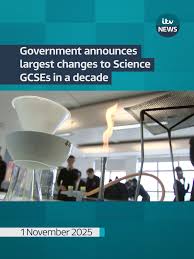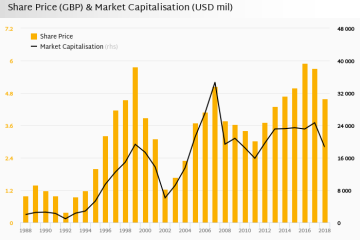Understanding Science GCSE Curriculum Changes

Introduction
The Science GCSE curriculum in the United Kingdom is undergoing significant changes that aim to enhance the educational experience for students. With a growing emphasis on scientific literacy and application in real-world contexts, these updates are critical for preparing young learners for future academic pursuits and careers in science and technology.
Details of the Changes
Starting from the academic year 2024, the assessment methods for the Science GCSE will include a greater focus on practical experiments and investigations. This shift aligns with the UK government’s initiative to promote hands-on learning and improve students’ understanding of scientific processes. Moreover, there are plans to introduce more in-depth content related to climate change, biotechnology, and ethical implications of scientific advancements.
Furthermore, the assessment structure will now include a component dedicated to evaluating students’ practical skills and lab work. This new aspect aims to encourage schools to invest more in laboratory resources and training for teachers, ensuring that students receive a comprehensive learning experience. According to the Department for Education, these curriculum changes are designed not only to enhance knowledge acquisition but also to develop critical thinking and problem-solving skills among students.
Impact on Students and Schools
Educators have welcomed these changes, noting that the increased emphasis on practical work can spark students’ interest in science subjects. Schools are encouraged to adopt interactive teaching methods to engage learners more effectively. However, some teachers express concern over the adequacy of training and resources to implement these new requirements, which may result in disparities across different educational institutions.
Students will also benefit from a curriculum that is more reflective of contemporary scientific issues and challenges. As the world faces unprecedented environmental changes and technological advancements, equipping young minds with relevant knowledge becomes imperative. Educational experts believe that these changes will not only improve students’ grades but also inspire them to pursue careers in STEM (Science, Technology, Engineering, and Mathematics).
Conclusion
The impending changes to the Science GCSE curriculum mark a pivotal moment in UK education, striving to provide students with a more relevant, engaging, and practical experience in science. As schools and educators prepare for these reforms, it will be crucial to ensure equitable access to resources and training. The ultimate goal is to foster a generation of scientifically literate individuals who can critically engage with the world around them and contribute positively to society.









